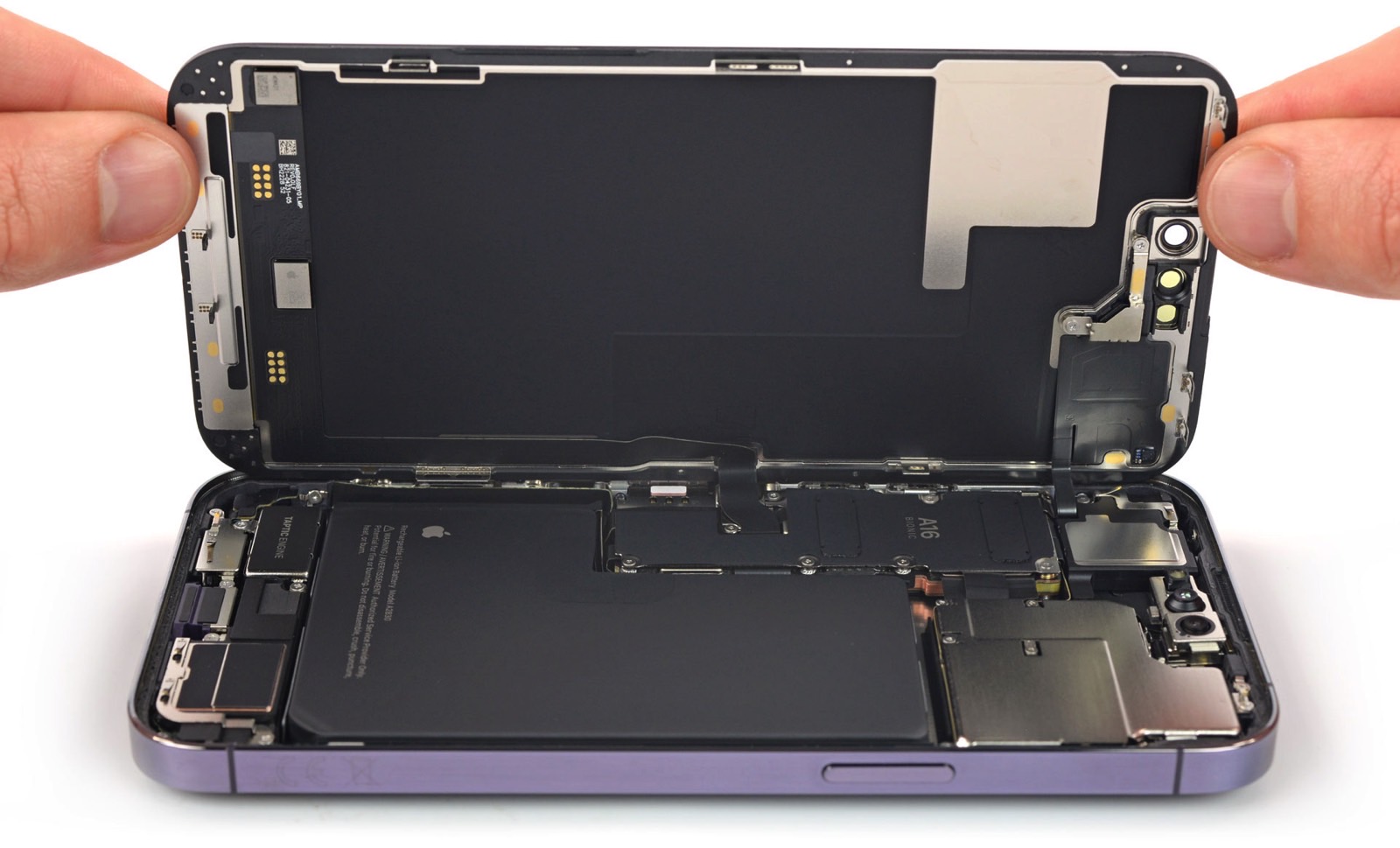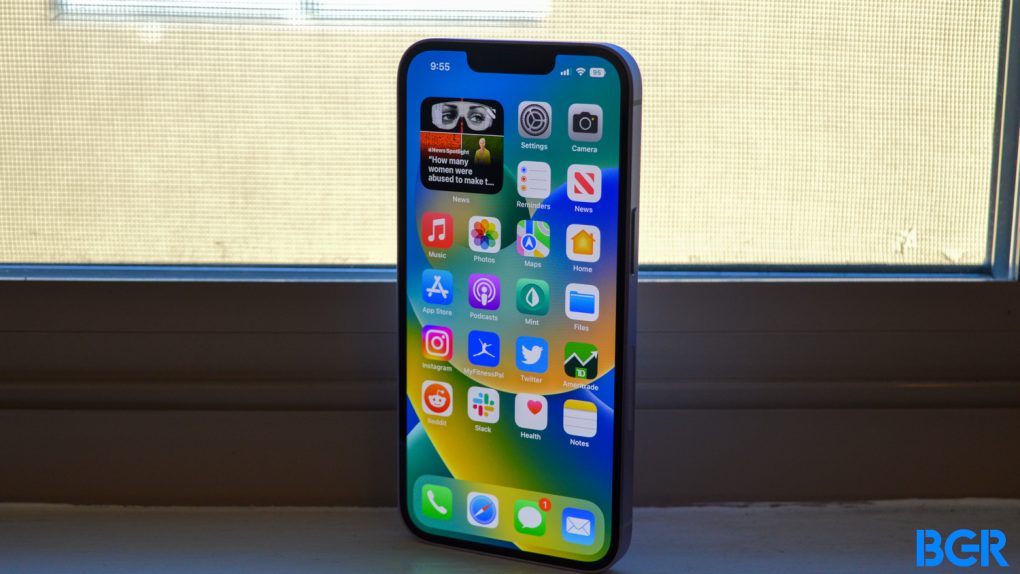The European Union (EU) has another piece of legislation in the works that will impact the tech world significantly, Apple’s iPhone included. We learned back in December that the region’s governing body wants new regulations for batteries. Specifically, the EU wants users to be able to easily replace a smartphone battery in the future. The same goes for any electronic device that’s powered by a battery.
Fast-forward to mid-June and the EU parliament voted in favor of the new plan. While there’s certainly merit here, I absolutely don’t want to replace the iPhone battery by myself, regardless of regulations. And I think the EU should consider the massive impact such a law would have on consumer devices like the iPhone.
The reason the EU wants new battery regulations concerns the environment. The ability to replace batteries with ease would prolong the life of devices. This could reduce waste and improve how used batteries are collected and recycled. That’s all great, but it’s still a bad idea for the EU to force companies like Apple to make smartphones with user-replaceable batteries.
The new EU proposal
The language of the proposed law makes it clear that the EU envisions a world where end-users would be able to replace batteries themselves:
A portable battery should be considered to be removable by the end-user when it can be removed with the use of commercially available tools and without requiring the use of specialised tools, unless they are provided free of charge, or proprietary tools, thermal energy or solvents to disassemble it.
Commercially available tools are considered to be tools available on the market to all end-users without the need for them to provide evidence of any proprietary rights and that can be used with no restriction, except health and safety-related restrictions.
One might argue that Apple is already complying with the upcoming regulation. Apple has a repair program in place that lets you perform various types of iPhone repairs. Replacing the battery at home shouldn’t be that complicated via Apple’s Self-Service Repair program, as long as it’s available in your market.
But the process isn’t easy. I already advised against repairing your iPhone at home if you lack the experience. That was well before the news about the EU’s new battery legislation.
I still think people shouldn’t repair smartphones at home just because they can. The same goes for iPhone batteries, regardless of whether the EU enforces the law.

Why I don’t want to replace my iPhone battery
I have multiple reasons why I wouldn’t want to replace an iPhone battery myself.
First, I don’t want to accidentally break anything in the process. Secondly, I want the iPhone to continue to be as water-resistant as possible. And I don’t have the experience to be sure of that, even with Apple’s expensive equipment that the company ships to your home to perform the repairs.
But the way Apple handles the self-repair program might not meet the EU’s requirements. As you can see above in the EU’s wording, you should be able to replace your iPhone’s battery without specialized tools.
The iPhone never had a user-replaceable battery, and hopefully, it never will. Apple meticulously plans the internal design of the iPhone to make the most of the space available. Those design optimizations allow it to use as much space as possible for the battery.
Also, Apple designs the iPhone in such a way that it can offer dust- and water resistance. I appreciate these features, and I’d hate to see the EU impact any of them.

It’s possible that Apple might be able to continue doing that while also adhering to strict EU laws regarding battery replacement. It most certainly can. Or it will develop tech to make it possible. But then, it would likely pass those research and development costs to the consumer.
The same applies to Android phones, by the way. I wouldn’t want to dismantle an Android handset to replace the battery. And many Android devices offer dust and water resistance. Let’s remember that early Android designs from Samsung and other companies came with removable batteries. But now, all the high-end Android handsets lack user-replaceable batteries.
The EU initiative isn’t necessarily bad
If the EU ends up enforcing the new law, there will be at least one immediate benefit. iPhone battery replacement should be even faster at Apple stores. And that’s the only way I’ll replace iPhone batteries.
Better management of battery recycling would be another benefit.
Recent history shows that the EU can enforce regulations that will lead to significant changes in consumer electronics. The EU wants USB-C to be the new charging standard for mobile devices, so the iPhone 15 will most likely get a USB-C port. Similarly, the EU wants device users to install apps from any source, and iOS 17 should support sideloading in the region.
Should the proposed battery legislation become law, Apple and everyone else must find ways to design smartphones with easy-to-replace batteries. The new initiative now awaits EU Council endorsement. Then, it’ll be published in the EU Official Journal.
But, as with any other proposals, it might be years until Apple and other handset vendors will have to abide by it.








